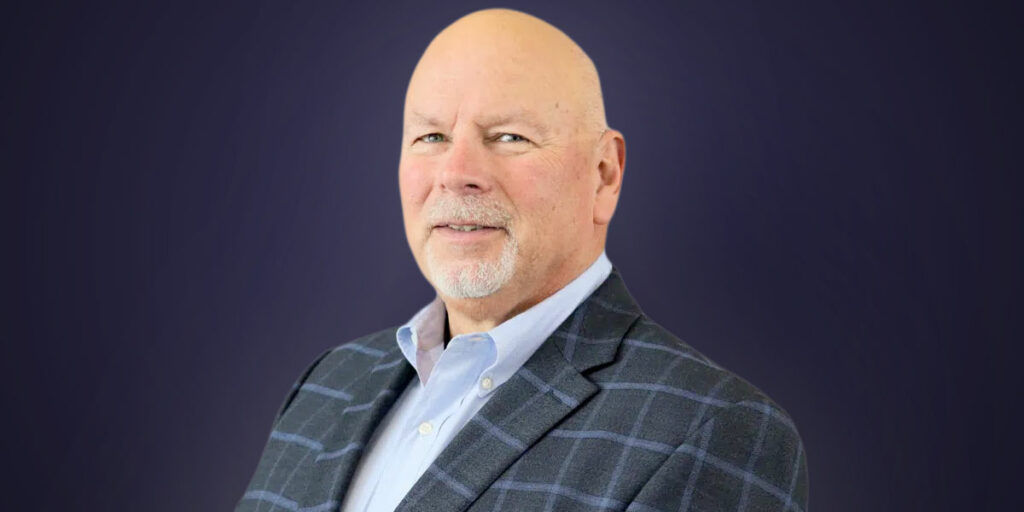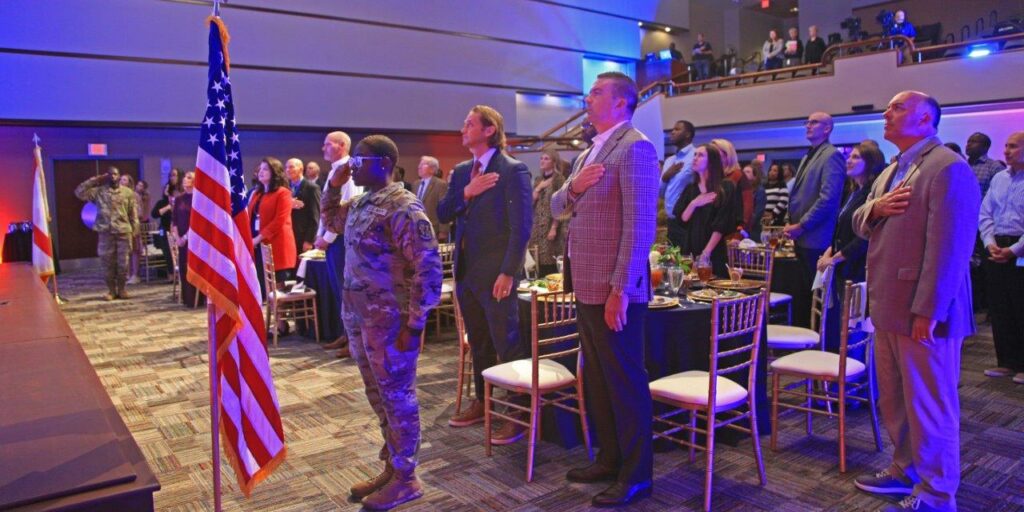Alabama poet laureate is more than an honorific title. It’s not a lifetime achievement award, either. The poet laureate is poetry’s chief advocate and ambassador in the state.
Any Alabamian can nominate a candidate for poet laureate, as long as the candidate meets criteria set out in the nomination guidelines. The Alabama Writers’ Cooperative (AWC) president nominates a selection committee of prominent Alabama poets and literary arts advocates, representing not only the AWC but other influential literary organizations in the state.
The committee members consider nominees carefully and select one for AWC members to ratify at the annual meeting. The governor then officially confers the title on the chosen nominee in a ceremony in Montgomery.
Jennifer Horne is Alabama’s current poet laureate, selected in 2017. With her term coming to an end this year, the AWC is accepting nominations through Monday, March 15 for Alabama’s next poet laureate. To nominate someone, email tjbeitelman@asfa.k12.al.us.
Horne recently shared some thoughts about poetry and her tenure as poet laureate:
What has it been like to be Alabama’s poet laureate?
Horne: I’ve enjoyed it so much, and I hope I’ve been able to be a good “public face” for poetry, encouraging awareness of poets and poetry events in our state, as well as awareness of our rich variety of writers in general. One thing I’ve especially appreciated about holding this position, and a good reason for a state to have a poet laureate, is that because I’m an “official” representative of poetry, people frequently share poems with me and ask me about poetry. Pre-pandemic, I was able to go to conferences, workshops, schools, community groups and libraries; in the past year, I’ve switched to an online presence, with a weekly poetry reading of an Alabama poet for Twitter and Facebook and several online readings and workshops. I’ve been pleased and impressed by the number of people in our state who like to write and read poetry, many of them in fields far removed from creative writing.
Tell us about your background.
Horne: I grew up in Little Rock, Arkansas, and moved to Tuscaloosa in 1986 for the Master of Fine Arts program in Creative Writing at the University of Alabama. My mother was a poet and my father was a lawyer who cared about good writing and the precise use of words, so I come by my love of writing honestly.
How did you get this honor?
Horne: The Alabama Writers’ Cooperative puts out a call for nominations every four years, and I was fortunate that the writer Alina Stefanescu wanted to nominate me. She contacted me about it, and I was really honored that she had thought of me. We worked together to complete the nomination packet, and then the AWC poet laureate selection committee reviewed all the nominations and put me forward as their selection. The membership of the AWC voted me in at the annual meeting, and then the governor officially commissioned me in a ceremony at the state Capitol. That’s how the process works, but a different answer might be the same as the answer to that old joke ‘How do you get to Carnegie Hall? Practice, practice, practice.’ I have happily spent a lifetime writing poems, reading poetry, responding to others’ poems in workshops and in book reviews, introducing other poets at readings, speaking at conferences, teaching and encouraging young writers, and generally just trying to live a life in poetry. It all adds up, over time, and prepared me to do what I’ve been doing as poet laureate.
Do the schools in Alabama do enough for poetry?
Horne: I often encounter teachers who talk to me about what they do with poetry in their classrooms, and I know there are some wonderful programs – the Woodlawn Writers Corps, sponsored by DISCO in Birmingham comes to mind – that bring poetry into the schools. It would be great to have a statewide writing-in-the-schools program, and I know we have enough poets statewide to provide community support for that.
You’re stranded on an island forever. Name three poets you’d keep reading.
Horne: Let’s see … I’d need Mary Oliver to help me keep appreciating the beauty of every day, William Butler Yeats for the music, complexity and breadth of his work, and Emily Dickinson because I always mean to read more of her poetry, and I don’t think I’d ever get tired of it.
Do you have a favorite poem?
Horne: I have several go-to poems I’ve loved for a long time, but my favorite poem tends to change from year to year and by circumstance. This past year it was Theodore Roethke’s “The Waking,” which got me through the first six months of the pandemic. The poem opens with the seemingly paradoxical “I wake to sleep and take my waking slow,” which felt right for the dreamlike quality of the early months, and the line “I learn by going where I have to go” kept coming back to me again and again, because it seemed so true to feeling our way forward in this new situation. (Full poem at https://poets.org/poem/waking.)
What message do you have for the next Alabama poet laureate?
Horne: My best advice would be to have some general ideas of what you’d like to accomplish or focus on but stay open to invitations, projects and serendipitous occasions for poetry. Having a state poet laureate gives people a place to express their enthusiasm for poets and poetry, and sometimes all you are called upon to do is listen.
TJ Beitelman is president of the Alabama Writers’ Cooperative. Karim Shamsi-Basha is a frequent Alabama NewsCenter contributor and a member of the AWC. For more information about AWC, click here.
(Courtesy of Alabama NewsCenter)










